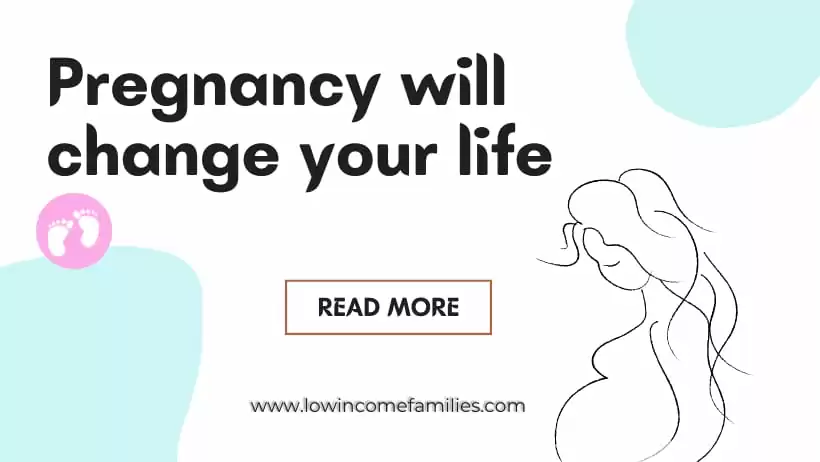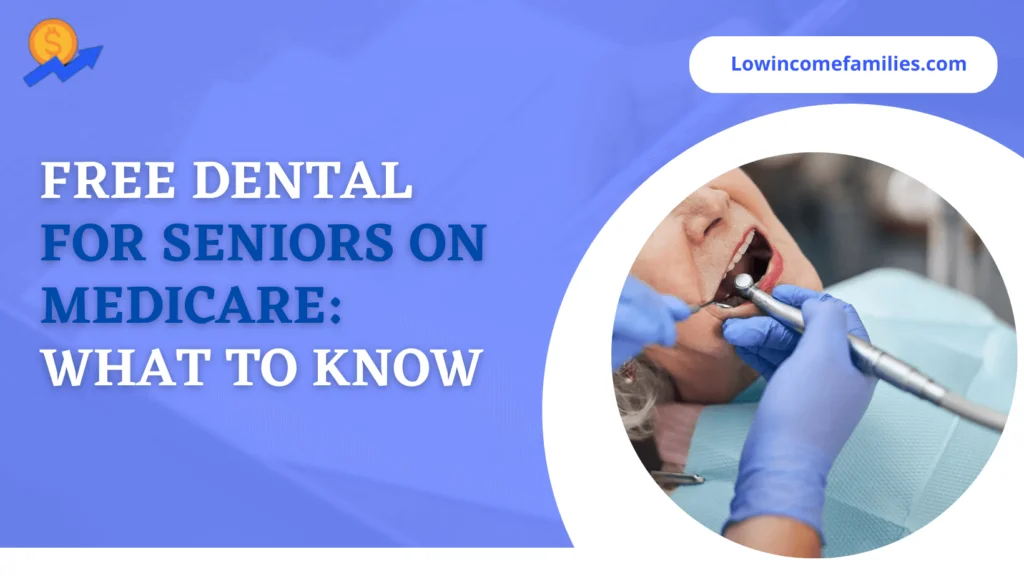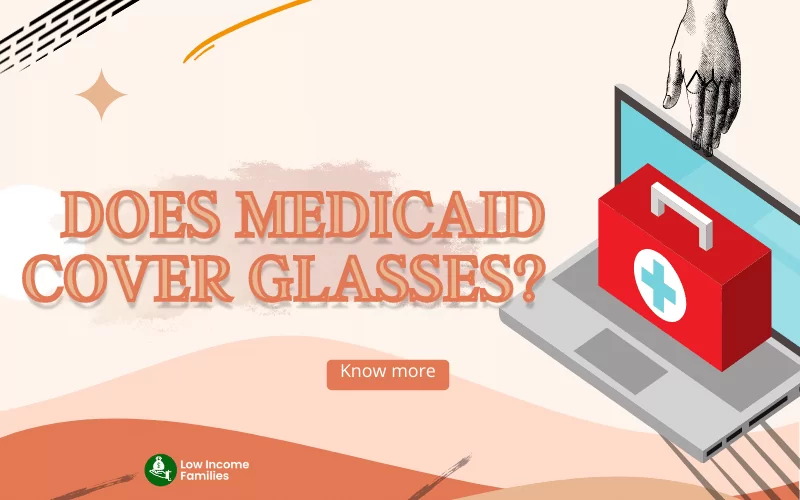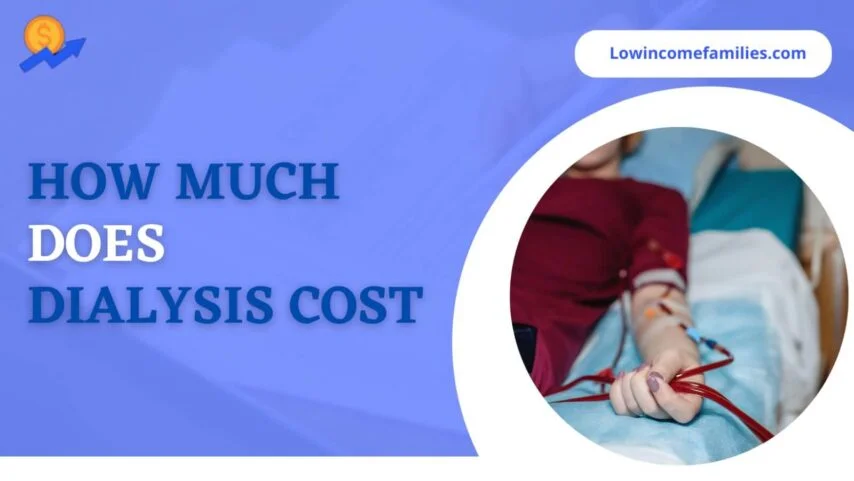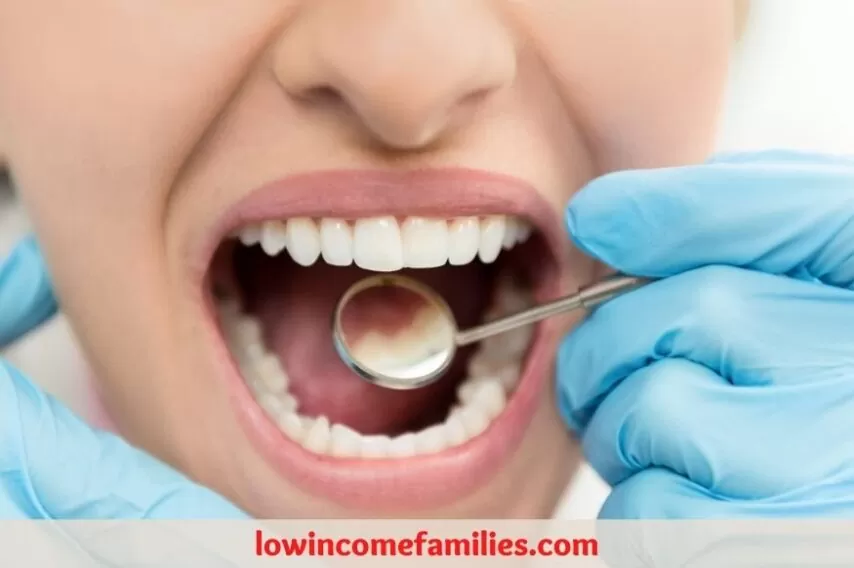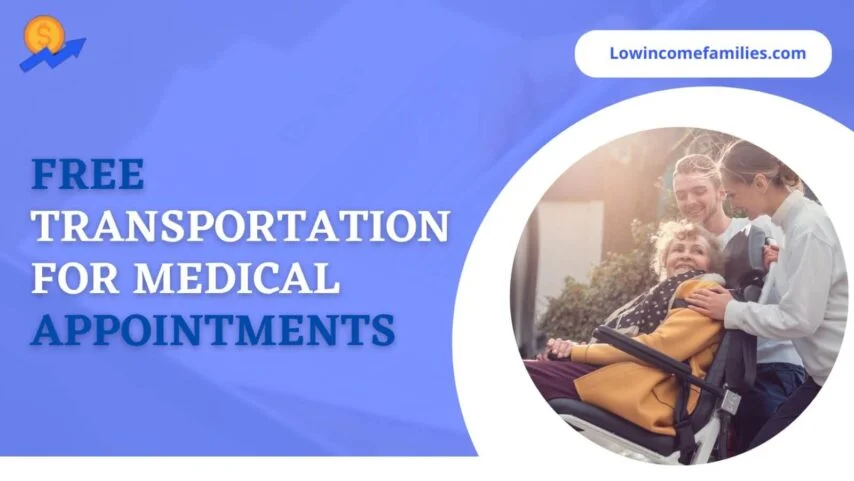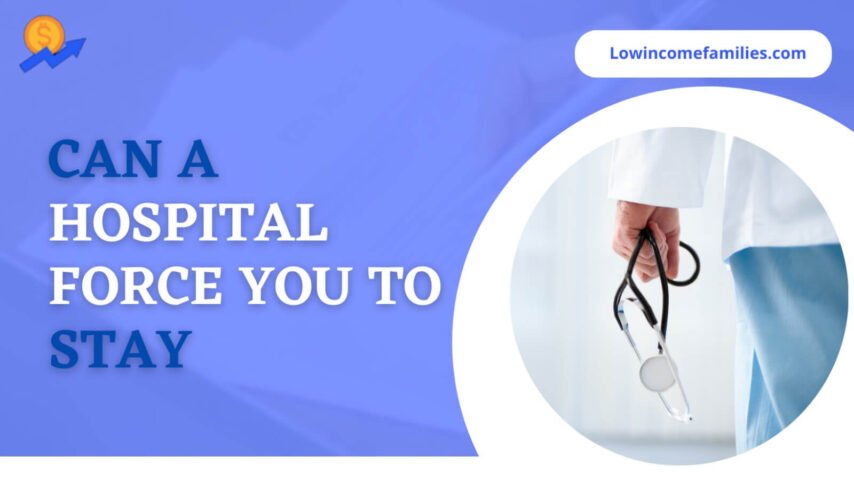Everything explained about Short Term Disability Pregnancy, you must read this posts if facing such problems.
First of all, Congratulations, if you’re expecting a child or thinking about starting a family! While you’re thinking about the broad questions of how pregnancy will change your life, you could also be thinking about how your work and income will be affected.
Short Term Disability Insurance And Short Term Disability Benefits : How It Works In 2024
If you don’t have enough income to make ends meet, short-term disability payments can be extremely helpful. The disability insurance plan safeguards your income in the event of an accident. However, certain coverages are superior. What are the advantages of disability insurance? The following information includes all you need to know about temporary disability insurance. Continue reading for more information. Do you enjoy watching movies? Play the video!
To get to know about Free dental implants for recovering addicts, visit here.
Is Short Term Disability And Maternal Leave The Same Thing?
Women may experience temporary impairments during pregnancy. Short-term disability insurance protects your income if you are unable to work while pregnant. Short-term disability leave has also been linked to pregnancies.
A woman may not need to be incapacitated while on maternity leave. The lack of short-term disability safeguards is most likely to blame. FMLA applicants are eligible for up to 12 weeks of unpaid leave. In some cases, while on a non paying leave, you may be eligible for state unemployment compensation.
Read Also:
Is short Term Disability Taxable?
Free veterinary care for low income families.
What Is Short Term Disability?
Short-term disabilities are phrases used by insurance companies to describe people who are unable to work due to illness. STDs might last anywhere from 9 to 5 weeks, depending on the company’s policies. The terms are perplexing since they conjure up images of industrial mishaps that impede personnel from performing their duties. Despite this, in the short-term disability policy, the maternity period is one of the most regularly encountered causes of long-term disability. This could be a long-term illness or a disabling injury.
Can I Get Paid For Pregnancy Or Maternity Leave On Short-Term Disability?
Some governments offer publicly supported short-term paid disability benefits to pregnant women, as well as paid family leave to connect with their new child. These programmes normally require you to demonstrate that you are unable to work due to your pregnancy, and the organizations that administer them will want a certificate from your doctor stating your inability to work.
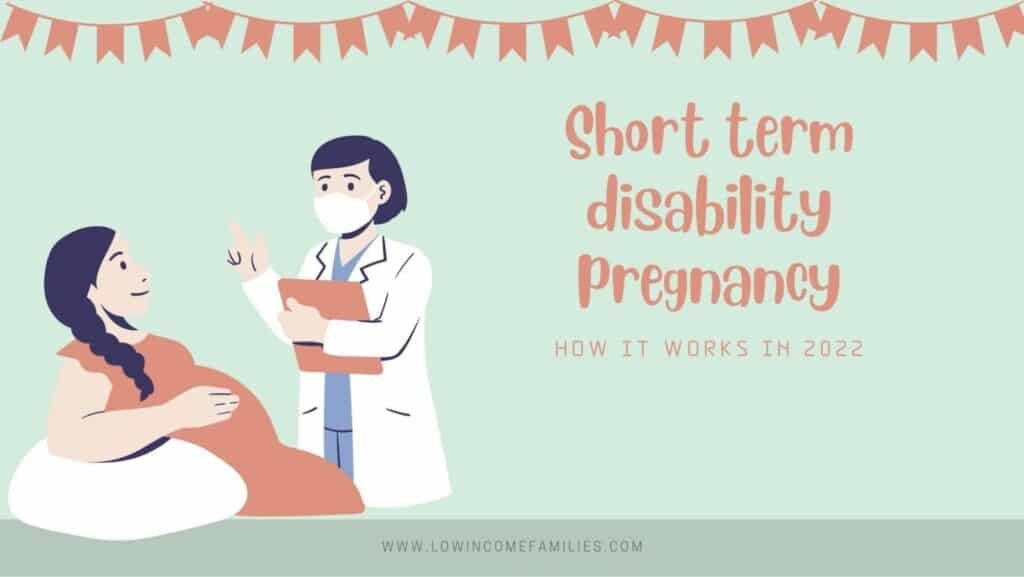
If your state does not provide paid short-term disability, your employer may provide private short-term disability insurance as a benefit. These policies normally cover pregnancy and labor, as well as any complications. While you’re on paid family leave, most private disability insurance companies will pay you a percentage of your income. The precise proportion varies depending on the supplier and plan.
If you live in a state that pays for short-term disability and you also have a private disability policy, depending on how much the state contributes, your private insurer may pay you a lower benefit than if you didn’t have the state policy.
You can take time off for maternity and pregnancy, but you may not be compensated for it.
While the FMLA protects your work while you are on leave, it does not protect your income.
While there isn’t a set term for maternity leave, the Federal Family Medical Leave Act (FMLA) protects your work for up to 12 weeks if you need to care for a newborn or adopted kid, or a sick family member. Employers must hold your position for you, but they are not compelled to pay you while you are on medical leave.
What Do Federal Pregnancy Leave Laws Provide?
Employees can take up to 12 weeks of unpaid leave for pregnancy and bonding with a new child under the Family and Medical Leave Act (FMLA).
The FMLA does not apply to all employees. You must meet the following conditions to be eligible for FMLA leave : –
- Working for a covered company (private employers with more than 50 employees, public agencies, schools)
- Within 75 miles of your workplace, work in a location where your employer has 50 or more employees.
- Have worked at your employer for at least 12 months (not necessarily consecutive months), and
- In the 12 months leading up to your leave, you must have worked at least 1,250 hours.
The FMLA establishes a minimal threshold for leave, although several states provide a more permissive version of the FMLA than the federal statute. If you work in one of these states, you’re entitled to more benefits than the federal law allows.
The Pregnancy Discrimination Act provides additional protection to people on leave for pregnancy and childbirth (PDA). Employers with at least fifteen employees are prohibited from making employment-related decisions based on an employee’s pregnancy under the PDA. You may be able to file a claim under the PDA if you were passed over for a promotion at work and can establish that your employer’s decision was based on the time you left to give birth.
Benefits From Disability Insurance Are Possible, But It All Relies On Your Policy
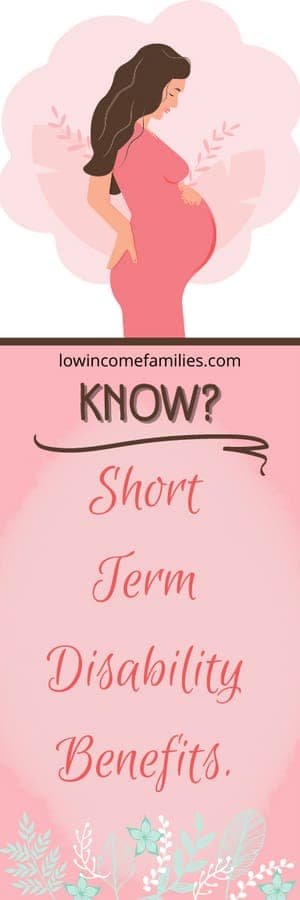
Pregnancy May Be Covered By Your Short-Term Disability Plan
Is your company providing short-term disability (STD) coverage? Some individuals believe that disability insurance is only for injuries on the job. Short-term disability insurance, although covering those items, also offers replacement income if you are unable to work due to a variety of diseases and injuries, whether they occurred on the job or outside of it — and disability insurance for pregnancy is normal.
If you are unable to work due to pregnancy, childbirth, and recovery and have a physician’s certification, you may be eligible for benefits under short-term disability policies. Depending on the manner of delivery, you may be eligible for 50-70 percent of your salary if you have short-term disability through your job. This is usually for six to eight weeks after you give birth.
Long Term Disability Coverage (LTD) Can Provide Further Protection
Because of the extended elimination period necessary under an LTD plan, it is unlikely to cover a typical pregnancy and recovery if you have long term disability insurance obtained via your employer or as an individual from an insurance company.
Complications, including STD coverage, are a different story, and if a condition renders you unable to work, it will usually be covered if the disability meets the LTD benefit waiting period.
Pregnancy can also exacerbate other disorders, such as diabetes or multiple sclerosis, that were previously dormant or under control. Even if you’ve never had a mental health problem before, postpartum depression can be a problem, and if it causes you to miss work, your LTD policy may cover it.
Applying For Disability Coverage During Pregnancy
If you’ve recently begun a job that provides disability insurance, you should be able to sign up for it and collect any available benefits without difficulty. Employer plans often purchase coverage for a large number of employees at once and do not need medical underwriting – you do not have to answer health questionnaires or pass a physical test. Pre-existing condition restrictions may apply; check your policy or ask HR for further information.
What Qualifies For Short Term Disability?
Short-term disability insurance covers injuries and diseases that aren’t life-threatening. What qualifies for short-term disability coverage, like long-term coverage, is determined by the definition of disability, which varies from policy to policy. In general, your capacity to execute the duties of your current work determines your eligibility for benefits.
You may be required by your short-term disability insurance coverage to lose a particular percentage of your earnings owing to disability. You may be needed to give the insurance company with updated medical information throughout your short-term disability leave to verify your disability and continuous eligibility for benefits beyond the original approval of your claim.
Surgical treatments that are deemed medically essential will qualify you for short-term disability payments in addition to injuries and illnesses that impair your capacity to work. Bariatric weight-loss surgery will be covered by some insurance coverage. Organ donation is usually covered as well. Cosmetic operations will almost certainly not be covered.
If prescription medications or medical treatments induce adverse effects that prevent you from working, you may be eligible for compensation.
Is Short Term Disability Taxable?
Short-term disability insurance premiums are not tax deductible. Any policy benefits you receive, on the other hand, will be tax-free income. This is true whether you’re purchasing a group coverage or a personal policy.
The benefits of the policy will constitute taxable income if your employer pays the premiums without including the cost in your gross income.
If you have doubts about the tax treatment of disability insurance premiums and benefits, consult a tax professional.
Is Short Term Disability Worth It?
Most financial advisors will advise you against purchasing a personal short-term disability coverage. It may be equally as expensive as long-term coverage in many circumstances, but it will only cover you for a much shorter length of time. Setting aside emergency money in the case you are unable to work for a few months is a good alternative to purchasing temporary disability insurance.
Short-term disability insurance is likewise not recommended for people with pre-existing conditions. In the vast majority of cases, they would be ineligible for coverage. Those who are able to obtain coverage will have a longer wait for benefits, maybe up to a year. As if that weren’t reason enough to avoid short-term insurance, most short-term policies won’t pay out if your incapacity is caused by a pre-existing condition.
If your employer or another group can provide you with short-term disability insurance at a reduced or no cost, take advantage of it. Even if this is an option, you should still put money aside for an emergency fund. Because most short-term disability policies only pay a portion of your salary in compensation, this is the case. To prevent going into debt, you may need to rely on a savings account to cover the gap.
Consider Additional Options For Preparing Financially For Maternity Leave
There’s no denying it: having a child is a significant financial investment. However, a little forethought can go a long way toward alleviating any financial stress you may be experiencing.

For a maternity leave interview, Jeannie Jackson, a Guardian financial representative, got down with Gaby Dunn of the Scary Mommy video series.
If You’re Not Already Saving, Start
Start a maternity leave savings account as soon as you find out you’re expecting. Actually, starting with your first paycheck from your first job, it’s a good idea to get into the habit of saving.
Pay into two buckets: one for immediate needs and the other for long-term goals. Maternity leave is an excellent illustration of the type of short-term financial need that every future parent should anticipate. Use the services of a private insurance company.
Find Out About Your Benefit Payments At Work
See whether there are any other sorts of valuable insurance benefits available through employment, in addition to any short- or long-term disability maternity leave benefits you may be eligible for. Hospitalization indemnity insurance, for example, is a popular, low-cost employment benefit that can assist pay hospital stays due to birth or pregnancy difficulties.
However, the goods covered and the amounts reimbursed vary widely from plan to plan, so make sure you understand your employer’s unique benefits before enrolling.
Bank Your Paid-Time-Off (PTO) Days
To build up a bank of paid family leave, use sick days, personal days, and time off as little as possible. If you can save up 20 PTO days by the time you go on maternity leave, you’ll have a month’s worth of full pay before you have to delve into savings or rely on benefits.
Pay Into Your Flexible Spending Account (FSA) Or Health Savings Account (HSA) (FSA)
What are the differences between HSAs and FSAs? They’re special accounts that you can fund with pre-tax money and utilize to pay for out-of-pocket medical expenses (FSAs give you the added flexibility to use your saved funds for things like childcare). These can help you save money on taxes while also covering maternity costs like breastfeeding supplies, prenatal vitamins, and so on.
One important distinction between HSAs and FSAs is that you can roll over unused HSA funds to the following year, whereas unused FSA funds are lost. So, while you shouldn’t put more money into an FSA than you think you’ll need for the year, you don’t have to be concerned about overfunding an HSA.
Conclusion : –
There is nothing quite like the delight of welcoming a new child into the world. You’ll be able to focus more on your baby – and make the most of a special period in your life – if you do some financial planning ahead of time.
It will be great if you will share this article among your friends with social media.
Frequently Asked Questions
Can I get paid short-term disability for pregnancy or maternity leave?
Several states provide paid leave disability payments as well as parental leave to bond with new children. These programmes normally need you to demonstrate that you are unable to work as a result of your pregnancy, and the agencies providing the assistance will want the medical letter you sent to your doctor. When an employee has disability income insurance but their state no longer provides a pay period, they can purchase private short-term disability insurance. This policy covers pregnancy, childbirth, and complications. You are also entitled to compensated maternity and paternity leave.
Is my job protected during a short-term disability?
Short-term disability benefits are cash payments that are not contingent on your employer stopping you from working. Employers must provide qualified employees with 12 weeks of unpaid vacation under the Family and Medical Leave Act (FMLA). Some state laws may give private employees maternity and pregnancy benefits and protections, which may provide you with additional benefits or paid leave.
How long does paid short-term disability for pregnancy last?
The normal pregnant leave period begins two weeks before the baby’s birth and concludes six weeks thereafter, however the length of time varies depending on state rules and your insurance coverage. If your disability has expired, you can take an unpaid week off after receiving paid disability pay. You may also be eligible for paid family leave in some states.
How much does short-term disability cover?
Amounts covered by various insurance policies vary. Many long-term disability plans that cover pregnancy and the postpartum period only pay out a third of your regular salary and are only good for eight weeks, depending on how well your kid grew or died. Make sure you’re aware of any additional medical issues that might qualify.
Can you apply for disability while pregnant?
State-mandated short-term disability programmes exist in a number of states. Employees with a medical condition may be able to work as an employee depending on the state.
What qualifies as disability pregnancy?
Disabilities may have been acquired during pregnancy, childbirth, or other medical situations. Pregnancy can be a pleasurable and fulfilling experience.
How long can you be on short term disability pregnancy?
Depending on the circumstances of your pregnancy or birth, disability compensation can last anywhere from 10 to 12 weeks.
Can short term disability exclude pregnancy?
If you’re pregnant after your coverage expires, you won’t be able to get temporary disability compensation. Most private insurance policies have legal wording that states that expenses for a medical condition are not covered.
